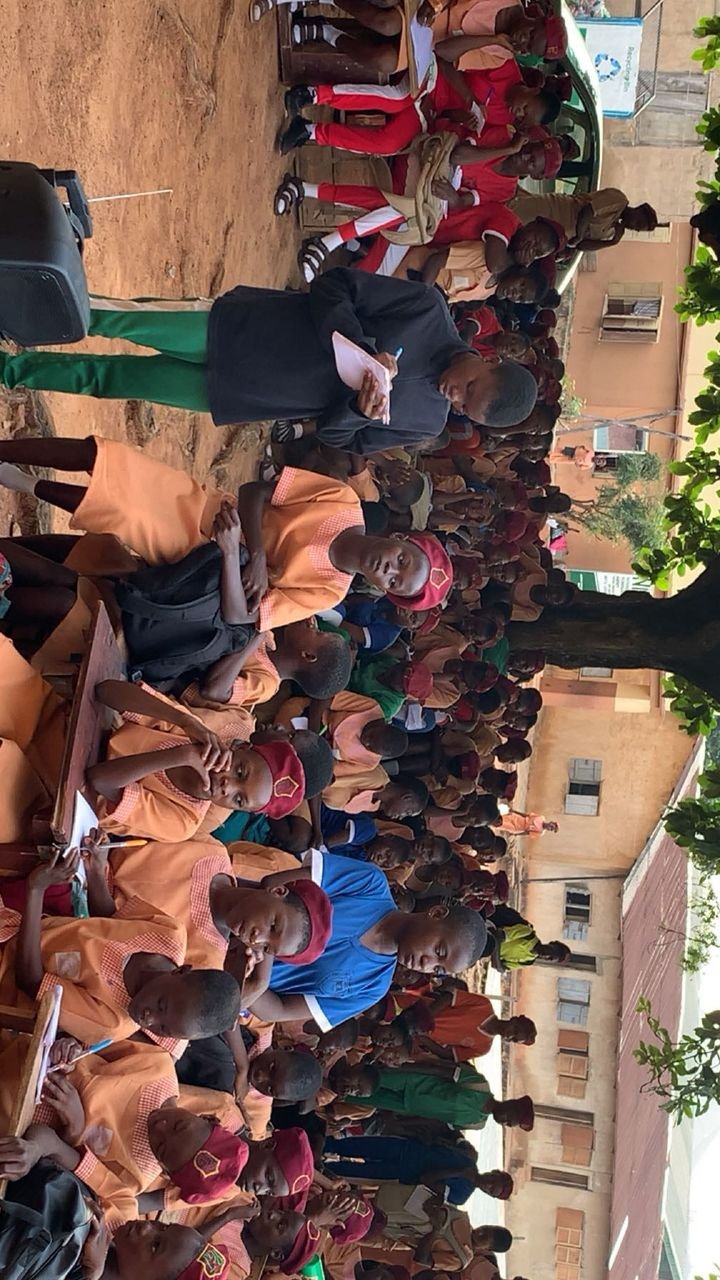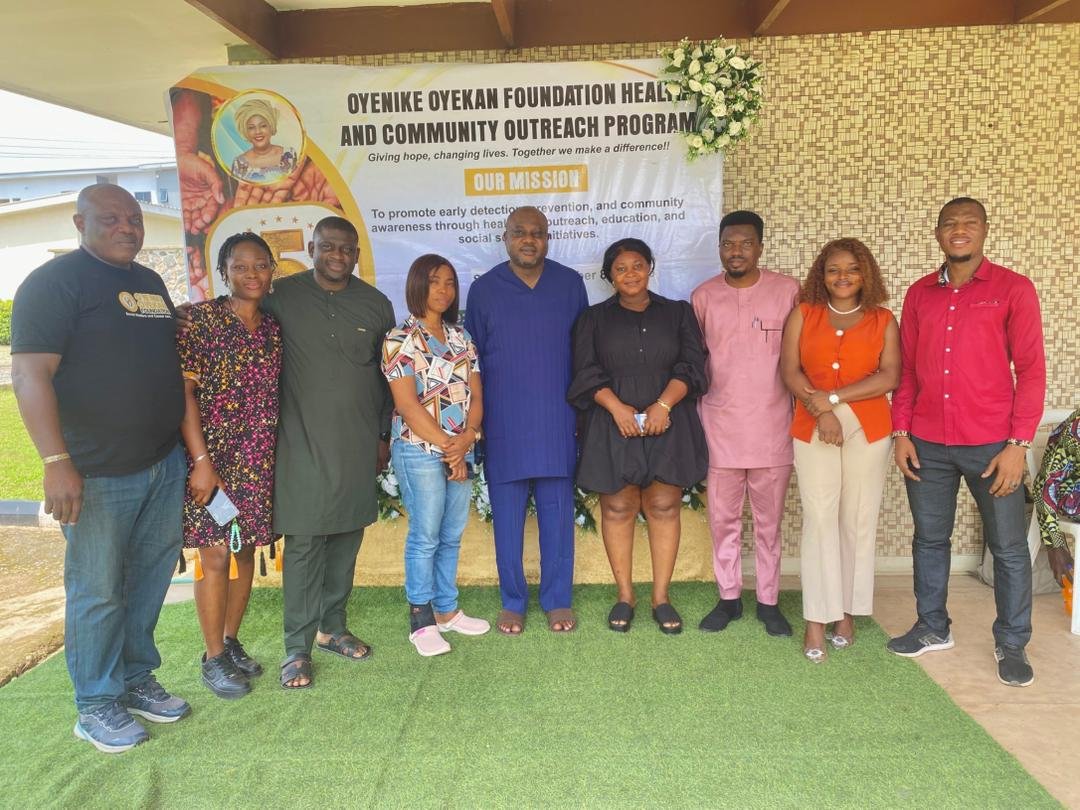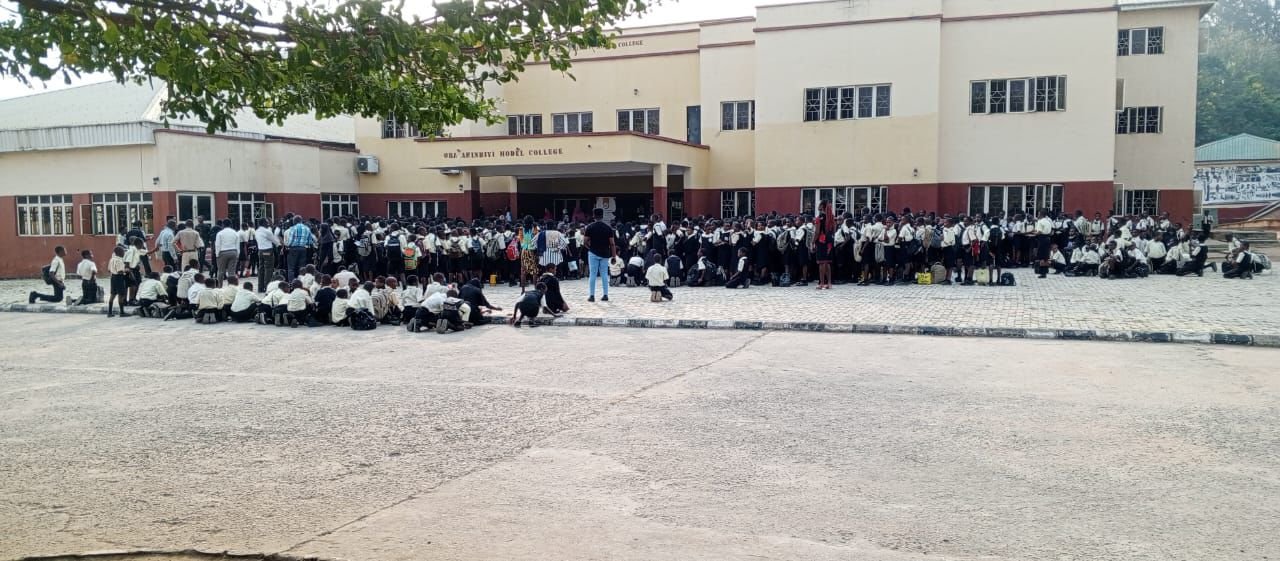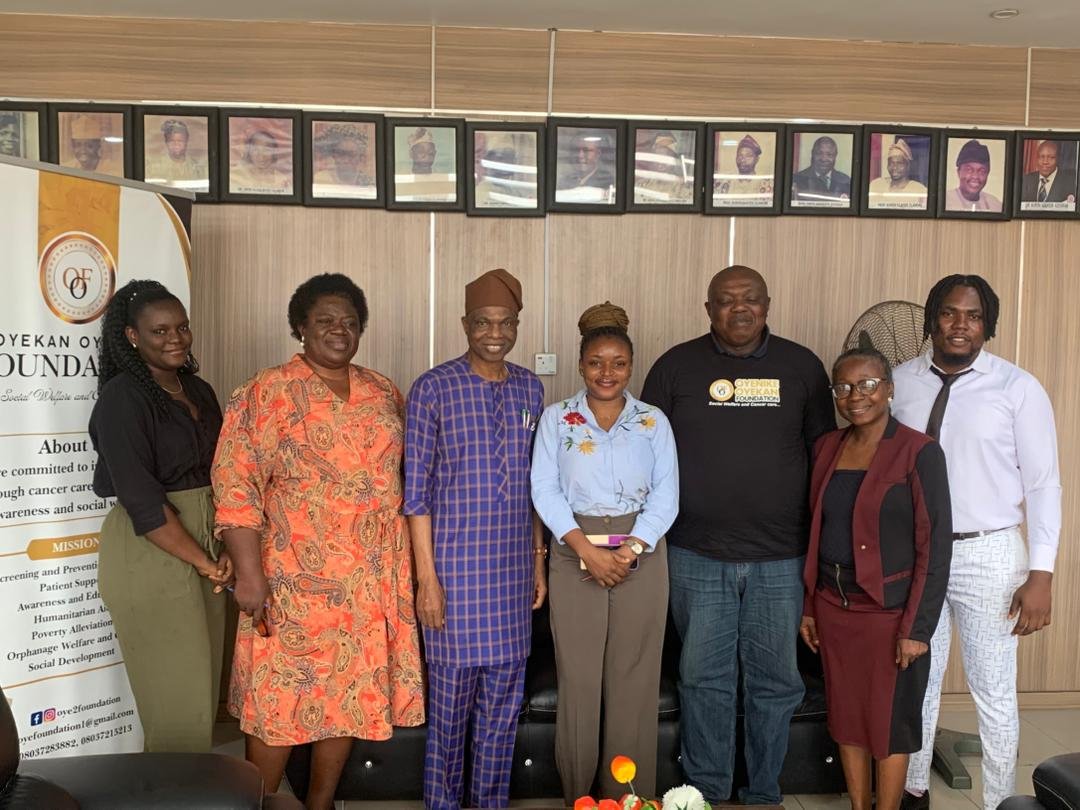Breaking the Silence: The power of early cancer detection and advocacy
Cancer is a word that often sparks fear yet, the real danger lies in silence. It remains one of the leading causes of deaths worldwide, affecting millions of individuals and families each year, but what if the outcome didn’t have to be so devastating? The key to changing the narrative isn’t just groundbreaking treatments or advanced technology—it’s the power of awareness, early detection, and relentless advocacy.
Conversations about cancer have been hushed, overshadowed by stigma, fear, and misinformation. Many hesitate to get screened, dread the possibility of a diagnosis, while others face financial or systemic barriers, including denied access to healthcare, that delay life-saving interventions. But the truth is: cancer diagnozed early is often treatable. A diagnosis doesn’t have to be a death sentence—if we speak up, take action, and prioritize prevention.
More individuals, healthcare professionals, and advocacy groups like oye2foundation are breaking the silence, pushing for access to early screening, and dismantling the fears that keep people from seeking help. Through conversations, widespread education, cancer advocacy and screening programs.
The Importance of Early Detection
Early detection is one of the most powerful weapons in the fight against cancer. The likelihood of successful treatment and survival, significantly increases when cancer is detected at an early stage. A study published in JAMA Oncology estimated that over the past 45 years, prevention and screening accounted for the majority of averted deaths in cancers such as lung, colorectal, breast, cervical, and prostate.
Key Benefits of Early Detection
1.Higher Survival Rates: Patients diagnosed early often have more treatment options and better outcomes.
2.Less Aggressive Treatment: Late-stage cancers often require more intense and debilitating treatments, such as extensive surgery, aggressive chemotherapy, or radiation therapy. Detecting cancer early can minimize the need for such invasive procedures, reducing both physical and emotional strain on patients.
3.Lower Healthcare Costs: Early intervention is often less expensive than late-stage treatments, which can be complex and prolonged.
Barriers to Early Detection
Despite its benefits, several barriers prevent early detection, including:
Lack of Awareness: Many individuals are unaware of cancer symptoms and the importance of routine screenings.
Healthcare System Challenges – Bureaucratic inefficiencies, long wait times, and inadequate healthcare infrastructure can delay or discourage timely cancer screenings.
Fear and Stigma: Fear of a cancer diagnosis and cultural stigmas often deter individuals from seeking help.
Misinformation and Myths: Misconceptions about cancer, such as the belief that it is always fatal or that screening procedures are harmful, discourage people from seeking medical evaluations.
Work and Time Constraints – Busy work schedules discourage people from taking the time for preventive screenings.
Breaking the Silence: Changing the Narrative
1.Normalizing Cancer Discussions: For too long, cancer has been shrouded in fear and silence, discouraging individuals from seeking timely screenings or discussing their risks. But breaking this silence can save lives. Open conversations about cancer—its symptoms, risk factors, and the importance of early detection—can help dismantle misconceptions and encourage proactive health decisions.
2.Overcoming Barriers to Screening: Financial concerns and lack of awareness prevent many from getting screened. To address this, governments and nonprofits should expand outreach programs offering free or low-cost screenings, leveraging mobile clinics and workplace initiatives to reach underserved communities.
3.The Roles of Cancer Advocates: Advocacy is key to promoting cancer awareness and accessibility to screenings. Survivors, healthcare professionals, and public figures can share their stories to encourage routine testing, while organizations like the American Cancer Society and WHO drive education and policy changes worldwide.
The Role of Advocacy In Early Detection
Effective advocacy is instrumental in shattering the stigma surrounding cancer and driving initiatives that promote early detection. Key areas of focus for advocacy efforts include:
1.Public Awareness Campaigns : Advocacy-driven campaign use social media, community outreach, and health initiatives to educate individuals about cancer risks, symptoms, and the importance of routine screenings. The more people know, the more likely they are to take action.
2.Policy Change and Healthcare Access: Advocates push for policies that improve access to early detection services, such as free or affordable screenings, workplace wellness programs, and expanded insurance coverage.
3.Support Networks and Survivor Stories: Cancer survivors and caregivers sharing their experiences can inspire others to seek early detection and remove the stigma associated with the disease.
Taking Action: What You Can Do
Get Screened: Follow recommended screening guidelines based on your age, family history, and risk factors.
Educate Yourself and Others: Learn about early signs of cancer and share this knowledge with your community.
Support Cancer Advocacy Groups: Join or donate to organizations that promote cancer awareness and research.
Encourage Open Conversations: Talking about cancer should not be taboo, breaking the silence can save lives.
Conclusion
Combating cancer demands a unified approach, engaging individuals, communities, and policymakers in a collaborative effort. Early detection and advocacy serve as game-changing strategies, significantly impacting cancer outcomes. We must change this. Talking openly about cancer, making screenings affordable and accessible, and challenging the stigma surrounding the disease can make a real difference. Communities, health organizations, and policymakers all have a role to play, but so does each of us. By spreading awareness, encouraging regular screenings, and supporting those affected, we can create a future where fewer lives are lost to cancer.
The time to act is now. Let’s break the silence, take action, and turn awareness into survival.



